The Worst First-Time Homebuyer Mistakes

Roughly one-third of homebuyers are actually first time buyers. As a first time homebuyer, you have tons of things to learn and you don't want to make the same mistakes as other first-time buyers.
When you're buying a home mistakes can be seriously damaging to your finances. You've probably never spent this much money before so be informed, not impulsive.
That's why it's so important to learn from the previous mistakes of other first time buyers. Rushing into buying your first home without doing your homework is dangerous.
Let's check out the worst first time home buyer mistakes. This way you can discover how you can avoid them when you buy a home.
1. Not Knowing How Much You Can Afford
Many first time homebuyers guess what they can afford. You immediately jump into viewing homes that are totally out of your price range.
This could go both ways. You may be spending time exploring a part of the housing market with crazy price tags. Or perhaps, you could be grossly underestimating what you can afford for your first property.
If you want to save time, you need to calculate your price range before you speak to a real estate agent. What's your budget?
Of course, your budget is usually determined by your mortgage. How much money can you borrow?
An approximate number can be discovered with a mortgage calculator. At least, you'll have a range in-which you can begin to imagine the kind of property you can afford.
It's important to keep to a broad price range. This gives you the flexibility to negotiate to get the right property for you.
Remember, when you're working out how much you can afford, it's the monthly repayments which can put you under pressure. Don't only focus on the downpayment.
2. Only Getting One Mortgage Quote
Did you know that around half of home buyers don't shop around for a mortgage?
Too many first time home buyers simply go with the first offer they receive for a mortgage. What are the chances this is the best quote you can get? Did you go to a bank or other big box lender that spends a ton of money on advertising? They need to give you a higher rate in order to afford that advertising. You should spend time shopping around for mortgage quotes. Brokers are typically a good option here because they do the shopping for you and tend to have cheaper rates and upfront costs (they make money by saving you money).
There are so many factors to consider. Every mortgage lender has specific terms and conditions, closing fees and mortgage interest rates.
Even a small difference can give you huge savings. 1 percent doesn't seem like a worthwhile saving. However, you need to do the math.
Imagine you have a 1 percent difference on a mortgage for a home worth $600,000 with a $540,000 mortgage.
That's up to $300 in savings each month in repayments. That could be the difference between affording to go on vacation each year.
3. Not Checking Your Credit Score
When you apply for a mortgage, lenders will always check your credit score. If you have a poor credit score, you'll either be rejected or given an unfavorable rate.
This can affect many people. Up to one-third of Americans have a poor credit score.
However, many first time buyers rush to speak with mortgage lenders before they have checked this credit history. This is foolish! Go to CreditKarma or a similar free scoring website to see where you stand. Their scores will be different than the lenders, but they will reflect if you have good, decent or poor credit.
The mortgage lender wants to see a consistent record of the responsible handling of credit before they lend you hundreds of thousands of dollars.
Of course, first of all, you need to ensure that you don't have any errors in your credit history. Around 40 million Americans have a mistake on their credit record.
After you've ensured this has been corrected, you can work to improve your credit score overall. This includes everything from paying off any outstanding debt to responsibly organizing your finances.
Now you have adjusted your credit score, you can go back to the mortgage lender with a stronger position to negotiate a good mortgage loan.
However, your credit score isn't the only factor that is considered by mortgage lenders.
4. Making an Overly Small Downpayment
Many first-time buyers are so eager to get on the housing market. They cannot wait until they have saved enough to go ahead.
They rush things!
They sign up to a loan without a down payment! The options are slim when it comes to zero down financing and most of what is out there is income or geographically restricted.
It will also mean that your loan repayments are most likely much higher due to the higher interest rates these loans carry. This could cause you to regret not waiting for a bit longer to buy a home. Down payments can come as a gift, draw on your IRA or Retirement as well.
Around ten percent of first-time buyers say that they should have waited for a bigger down payment. Learn more about how much downpayment you need.
Nevertheless, you shouldn't focus on downpayment too much. Consider the affordability of the monthly repayments above everything else.
5. Not Benefiting From First Time Buyer Schemes
You're a first-time buyer! Make the most of the opportunity to participant in first-time buyer schemes to help you get on the housing ladder.
There are a number of state programs to support you. And yet, many first time buyers don't take advantage of this.
You should always inquire about whether there any first time home buyer options that you're eligible for.
You do NOT need to be a first time home buyer (FTHB) for the following, but many FTHB will use one of the following loans to make their first purchase. VA loans for people who have served in the military. Or, FHA loans which overlook people with low down payments poor credit scores. There is also USDA but this is restricted to rural locations, not inside metropolitan cities.
6. Being Confused by the Discount Points
Many first time buyers are overwhelmed by the number of decisions they've got to make when buying a home.
Mortgage discount points - what are they?
Lenders frequently offer clients "discount points" to help reduce their mortgage interest rate. But, should you accept them or not?
If you only just managed to make the downpayment required, then you definitely shouldn't start thinking about another outlay of money. Just say "no, thanks!"
However, if you have the spare cash, the decision isn't as easy. You need to do the math to work out whether it's in your interests or not. Your loan officer or mortgage broker can help you with these calculations.
Essentially, it depends on how long you’re going to live in the property. Are you going to live there beyond the "break-even" period?
7. Don't Go Broke When You Move in
It may be a tight squeeze to save enough money for your downpayment. And yet, you should never go completely broke!
You don't know when you're going to need some extra cash. You may need to make some repairs that you didn't consider. Always save enough money to pay any emergency costs. You don't want to find yourself in financial trouble immediately after securing your home.
8. Using Your Credit Card Before the Sale
The period of time between when you apply for the mortgage and close the deal is absolutely crucial. This is certainly not the time to do anything foolish. This could include major purchases like buying new furniture on a credit card or taking out a loan on a car. Always wait until the deal on the house is completely closed before you make any big purchases with your credit card. If you damage your credit score during this crucial time, or increase your debt to income ratios (DTI) you could kill your deal, lose the house and whatever deposit you made.
9. Not Shopping Around for a Mortgage First
If you have to choose between shopping around for a mortgage or viewing potential homes, it's easy to decide which is more fun. But where else do you go shopping without bringing your wallet?
You end up looking around at homes without a clue about how much you can afford or borrow. Suddenly, when you discover how much you can borrow, you're disappointed because you can't get the house of your dreams. Don’t test drive a Mercedes on a Daewoo budget!
You need to speak with a mortgage advisor before you start looking at homes. You may even be able to get preapproved for a loan on the spot. This would involve a review of your income and expenses by the lender. So make sure you have a recent paystub & W2 handy when you call.
10. Neglect the Cost of Owning a Home
There are so many overlooked costs of homeownership. You may not know how much you need to invest in your property until you move in.
First-time homebuyers spent $33,800 on average in 2017 on renovations once they moved into their property.
Are you considering how much your home insurance policy will cost? Have you calculated the property taxes into your monthly budget?
Buying a home is much more than the price of the property. It is a lot of responsibility and expenses as well.
After your mortgage payments, you'll have your energy and water bills each month. Ensure you have enough financial headroom to make these payments.
You can always ask how much the property seller pays in monthly bills. This can give you an estimate of what you'll need to pay.
Are You a First-Time Buyer?
You don't want to make the same mistakes as other first time buyers. Follow our tips to avoid the traps.
From doing your homework on mortgage interest rates to saving enough money for repairs and renovations, you can learn from the errors of others.
Get in touch with us to get a free quote and consultation on your mortgage loan.

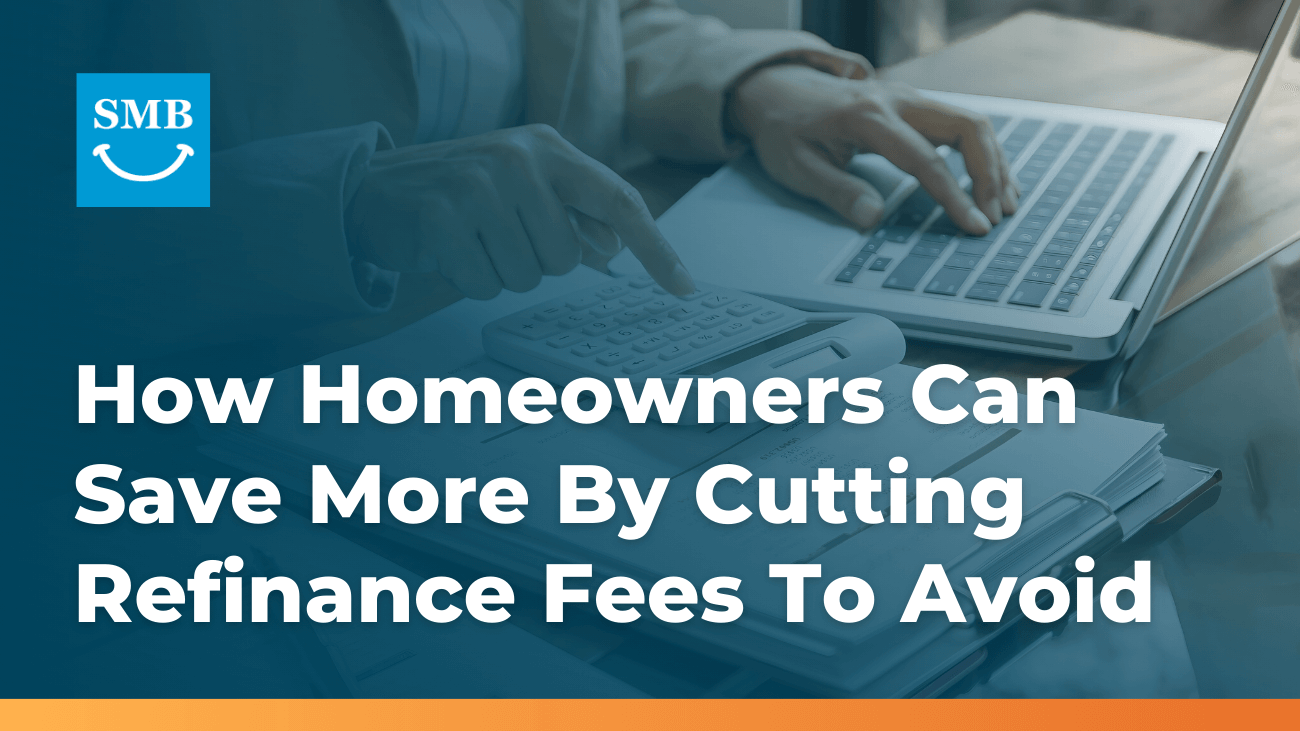
How Homeowners Can Save More By Cutting Refinance Fees To Avoid

The Ultimate Guide to the Best Suburbs of Seattle
Should You Use a Mortgage Broker? Everything You Need to Know First
How to Find the Right Neighborhoods in Seattle for Your Budget and Lifestyle

Warrantable vs. Non-Warrantable Condos: What Every Buyer Needs to Know Before Financing

How Much Does It Cost to Refinance a Mortgage in Seattle? A Homeowner’s Guide
.png)
How Often Can You Refinance Your Home?
.png)
The Complete Guide to For Sale By Owner (FSBO) in Seattle

10 Questions Every Seattle First-Time Home Buyer Asks

What is a Non-Warrantable Condo?

Ultimate Seattle Mortgage Loan Documents Checklist
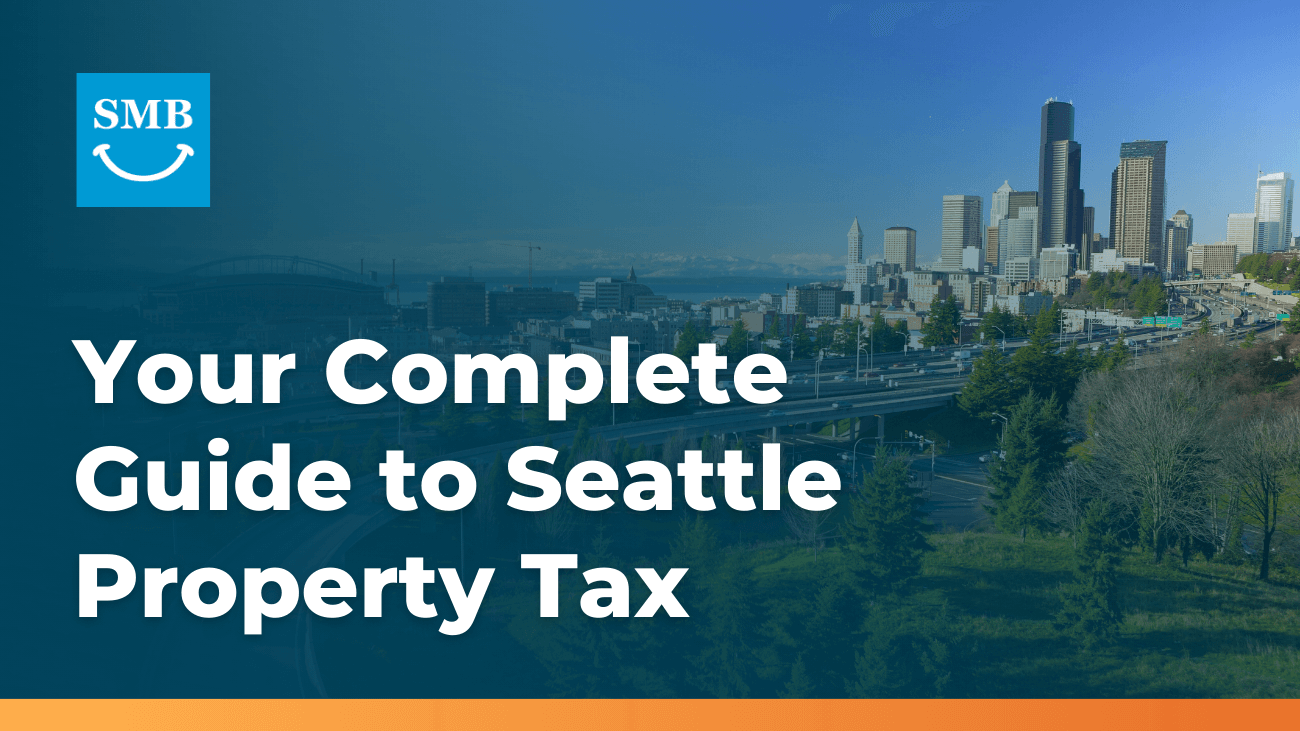
Your Complete Guide to Seattle Property Tax

Why You Should Work with a Mortgage Broker

Where to Find the Best Local Mortgage Broker

Where Are The Best Places To Live In Seattle?

What’s the Best Way to Save Money for a House in Seattle?

When is the Best Time to Refinance a Home?

What is the Jumbo Loan Limit in Seattle 2020?

What You Need to Buy a House in Seattle

What Is a Jumbo Loan and will you need one when moving to Seattle?

What is the Jumbo Loan Limit in Seattle?

What Is A Non-Warrantable Condo?

What is the Best Down Payment Amount on a House in Seattle?

What is PMI Mortgage Insurance? And Why It Is Not As Bad As You Think

What Is A Cash-Out Refinance?

What do Home Loan Underwriters Look For?

What Down Payment Do I Need for a House?

What Are The Costs of Buying a Home?

What Are The Best Neighborhoods In Seattle For Families?

FAQ: What Are the VA Home Loan Requirements?

WEST SEATTLE JUNCTION ; Seattle Neighborhood Tour

What are RSUs and How to Spend Them

Understanding Mortgage Down Payments

Top 5 Seattle Suburbs to Buy In 2021

Understanding Down Payments in Seattle

The Ultimate Mortgage Document Checklist
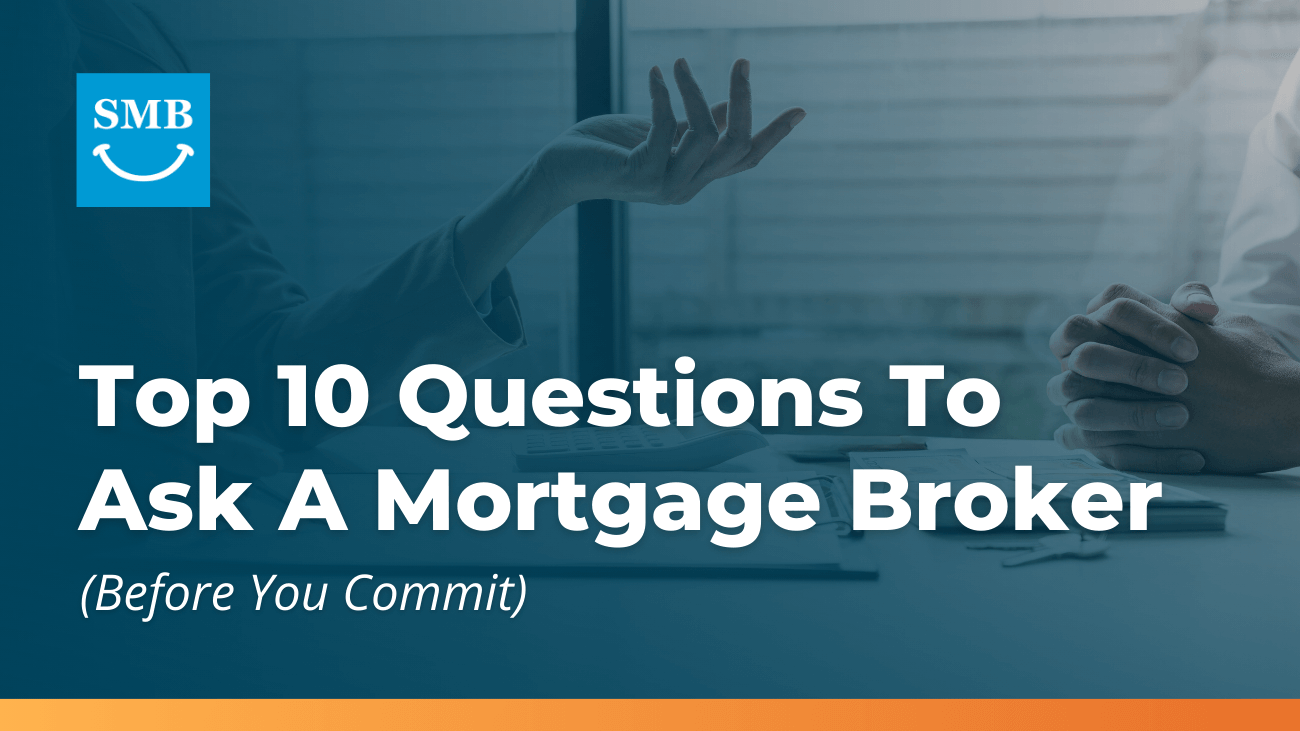
Top 10 Questions To Ask A Mortgage Broker (Before You Commit)

The Worst First-Time Homebuyer Mistakes

The Top 5 Seattle Suburbs for 2020

The Best Seattle Neighborhoods in 2020

How to Find the Best Mortgage Refinance Companies in Seattle

The Best Seattle Neighborhoods for Families

The Best Neighborhoods in Seattle to Buy a Home

The 7 Best Seattle Suburbs for Families

Seattle Neighborhood Guide: The Top 10 Most Affordable Places To Live In Seattle

SOUTH LAKE UNION ; Seattle Neighborhood Tour

Seattle Summer Housing Market Guide 2020

Seattle Housing Market Update 2020

Seattle Housing Market Hacks

Save Money When Buying a House in Seattle

Save Money on Your Mortgage Refinance

Moving to Seattle with a Family? Here's the BEST Suburbs For You!

Refinancing To Reduce Your Bills and Increase Available Cash

Neighborhoods in Seattle to Buy a Home 2020

Real Estate Trends in Seattle

Mortgage Down Payments in Seattle

MAGNOLIA ; Seattle Neighborhood Tour

Mistakes to Avoid with Cash-Out Refinance

How to Refinance Your Home in 9 Steps

Jumbo Loan Limit vs Conforming Loan Limit in Seattle for 2021

KIRKLAND ; Seattle Neighborhood Tour

Jumbo Loan Limit in Seattle for 2021

ISSAQUAH ; Seattle Neighborhood Tour

Is My Credit Score Good Enough to Buy a House?

How to Buy a House; Home Buying 101

How to Lower Your Monthly Mortgage Payment

How to Get the Best Rate for Your Home Loan

How to Buy a House for Less

How Much Home Can I Buy in Seattle?
How Much Do You Really Need for a Down Payment in Seattle?

How Much Home Can I Afford?

Home Price Forecast for Seattle 2020

How Hot is the Seattle Real Estate Market?

How Hot is the Seattle Real Estate Market in 2022?

Home Inspection Questions You Need to Ask

Do You Need a Realtor to Buy a House in Seattle?

FHA vs. Conventional Loan: Which Mortgage Is Right for You?

Find the Best Mortgage Lender for Your Home Loan

Federal Housing Administration Loans 2021

Down Payment Requirements in Seattle

FACTORIA and SOMERSET ; Bellevue Neighborhood Tour

Everything you Need to Know About Seattle Jumbo Mortgages

Everything You Need to Know About VA Loans

Advice To A First Time Home Buyer: Down Payment Assistance Programs Exist for Millennials

CROSSROADS ; Bellevue Neighborhood Tour

Down Payment 101: How Much Money Do I Need to Buy a House?

COVID-19 Mortgage Help for Homeowners

Comparing ARM vs. Fixed Rate Mortgage

Can I Afford To Buy A Home In Seattle?

Choosing the Best Lenders for Home Loans
How to Use Restricted Stock Units to Buy a Home in Seattle

ARM v. Fixed Mortgage: Which is Right For You?

Ballard or Queen Anne? The Best Neighborhoods of Seattle to Buy a House

Avoiding the Worst Seattle Mortgage Lenders

Are You Buying a House in Seattle? Here’s the Ultimate Survival Guide
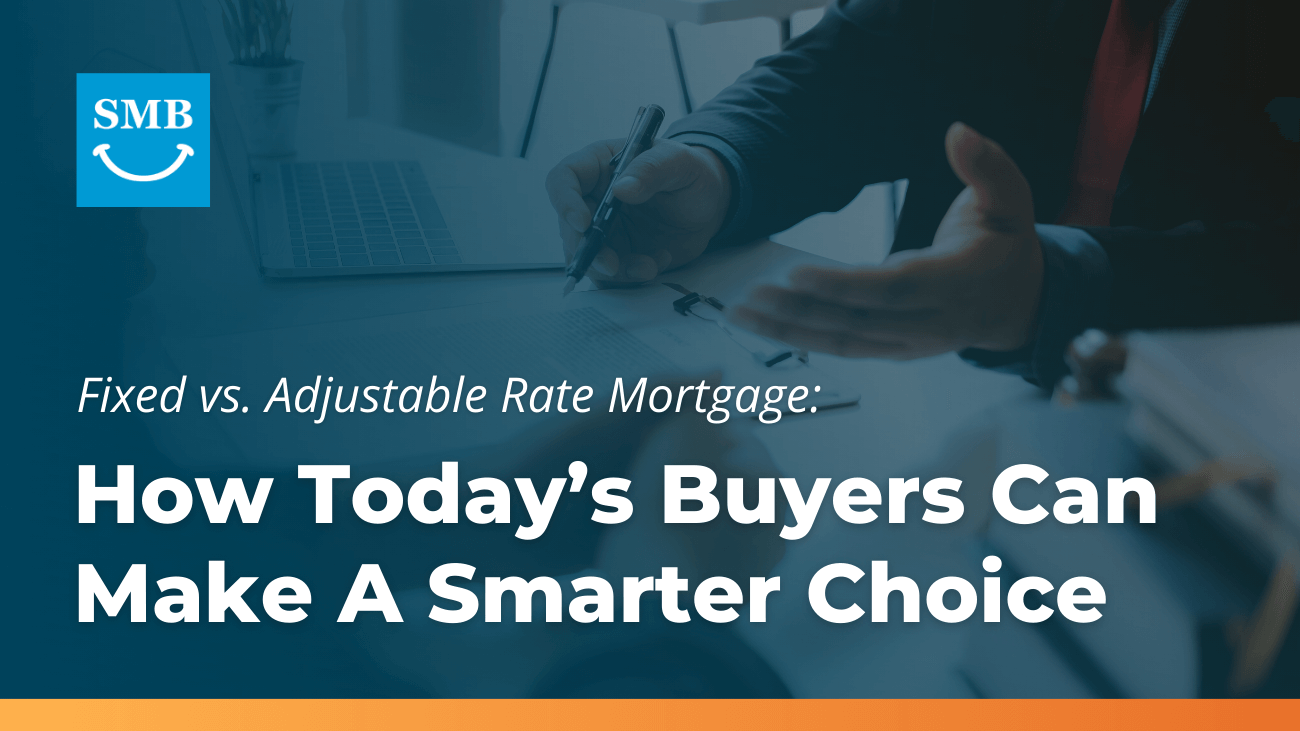
Fixed vs. Adjustable Rate Mortgage: How Today’s Buyers Can Make A Smarter Choice

ALKI BEACH ;; A Seattle Neighborhood Tour

A Complete Guide to Refinancing Your Home Loan


















